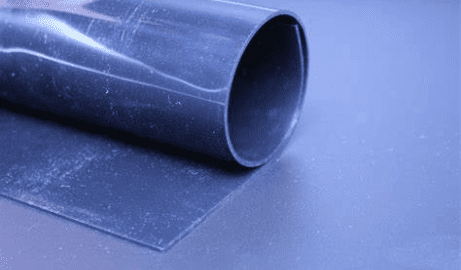Silicone is a synthetic rubber that is heat-resistant and elastic. It is used in electrical insulation, medical devices, cooking utensils, and as a sealant or adhesive. Silicone has good electrical properties and can be used as a conductor of electricity.
Properties of silicone: does it conduct electricity?
Silicone is a material that is used in many electronic devices because it is an excellent insulator. However, there are some applications where it is desirable for silicone to be electrically conductive. In these cases, manufacturers will add fillers to the silicone to make it conductive. The most common fillers are carbon black and metal oxides. When manufacturers add these fillers to silicone, it changes the properties of the material. The addition of carbon black makes the silicone more electrically conductive, while metal oxides make it more thermally conductive. These fillers also change the physical appearance of the silicone, making it darker in color. The amount of filler added to the silicone affects its electrical and thermal conductivity. In general, the more filler that is added, the higher the level of conductivity.
How is silicone used?
Silicone is one of the most versatile materials used in a variety of industries today. It can be found in everything from medical devices to car parts to cooking utensils. But what exactly is silicone, and how is it used? Silicone is a synthetic rubber that is created by combining silicon with oxygen. This combination results in a material that is very strong and durable, yet still flexible. Silicone has a wide range of properties that make it ideal for use in many different products.
One of the most important properties of silicone is its resistance to high temperatures. This makes it ideal for use in products that need to withstand extreme heat, such as oven gloves or hair straighteners. Silicone can also withstand cold temperatures, making it useful for products such as snow boots and ice cube trays. Another important property of silicone is its electrical conductivity.
Advantages and disadvantages of using silicone
If you’re considering using silicone in your next electronics project, there are a few things you need to know. Silicone has some advantages and disadvantages that you should be aware of before making your decision.
Advantages:
Silicone is a great insulator and can withstand high temperatures. This makes it ideal for use in high-heat applications such as hair straighteners and soldering irons. It’s also very flexible, so it can be used in a variety of applications where other materials wouldn’t work as well.
Disadvantages:
Although silicone is a great insulator, it’s not perfect. Silicone can become electrically charged when exposed to certain chemicals or conditions. This means that if you’re using silicone in an application where electrical conductivity is important, you need to be aware of the potential risk.
Conclusion
Yes, silicone is electrically conductive. This means that it can be used to create electrical circuits. However, the level of conductivity is relatively low compared to other materials. This makes it unsuitable for applications where high levels of conductivity are required.





























